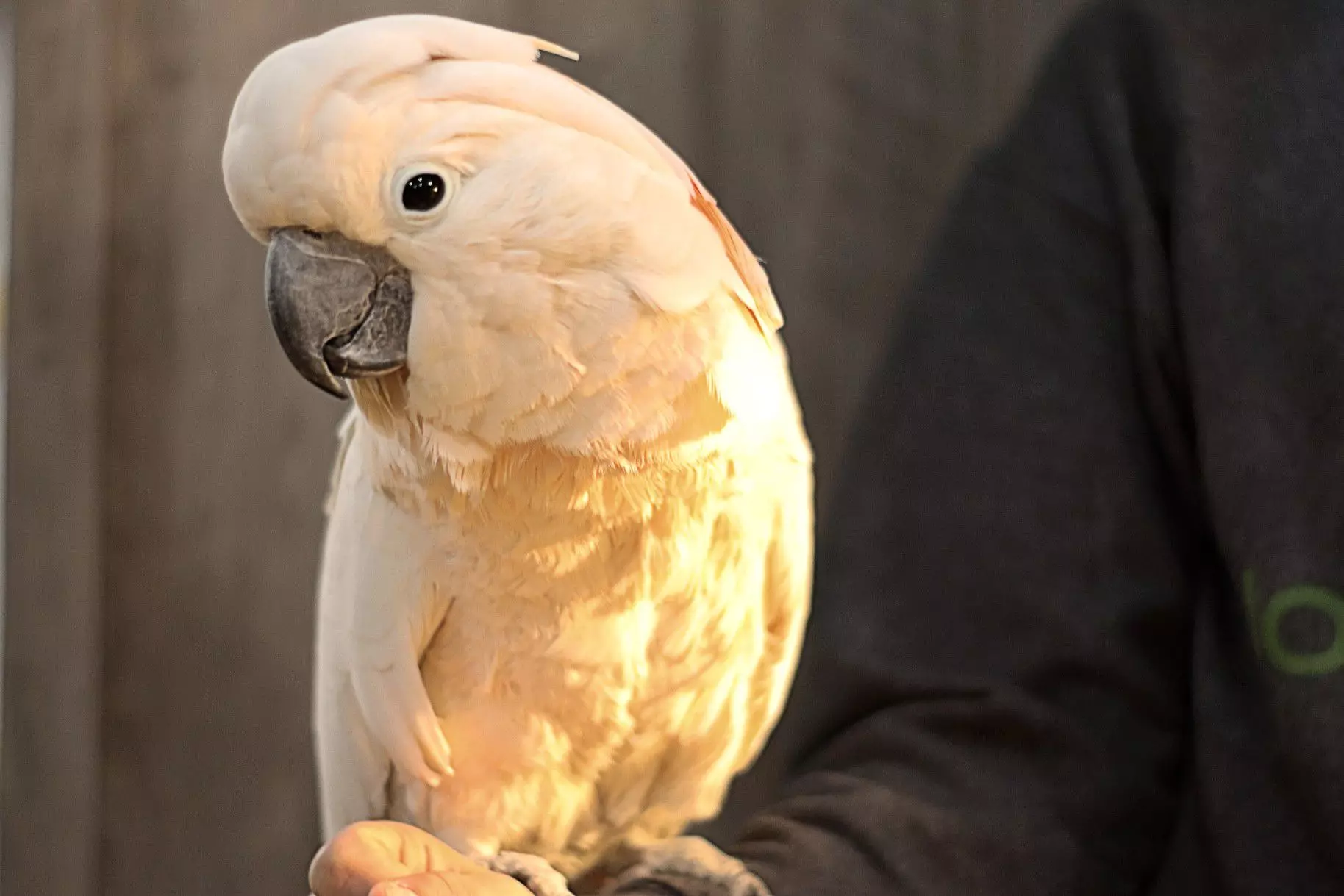When contemplating the joyful addition of a bird to your household, understanding the associated costs is crucial. Birds can make delightful companions, but, like all pets, they come with their own set of financial responsibilities. This article seeks to break down these costs, helping potential bird owners know what budget they should prepare for.
The price of acquiring a bird can vary significantly based on species, breeder reputation, and geographical location. While smaller birds like budgies and finches may seem less expensive to purchase outright, the long-term costs of their care can accumulate quickly. Potential owners should approach their decision with not just the initial purchase price in mind, but also the long-term commitment it brings.
For instance, budgies, often priced between $15 and $40, may seem like a great deal for a pet. However, the reality is that they require a varied diet, which includes not only seeds but also pellets, fruits, and vegetables. This dietary requirement is essential for their health and can add to the overall costs of ownership significantly.
After purchasing a bird, pet owners must budget for recurring expenses, which can include food, housing, toys, and healthcare. While caring for a bird may, on average, cost less than owning a dog or cat, expenses can escalate tremendously when considering specialized diets and healthcare needs. For example, the first-year cost for a small bird, such as a parakeet, totals roughly $465, which factors in the cage, food, and other essentials.
As their owners embark on their journey in avian companionship, they need to account for annual expenses too. On average, owners might spend about $250 each year, not including unforeseen veterinary costs. It’s wise to establish a financial buffer for unexpected situations, which can easily arise with any pet.
When selecting a bird, it’s imperative to recognize that not all species have the same care requirements, and their costs vary tremendously. Here’s a closer look at some popular species:
1. **Parakeets** ($15-$40): These small birds are generally affordable but require a balanced diet for optimum health.
2. **Cockatiels** ($50-$150): Known for their sociable nature, cockatiels thrive on interaction and need daily socialization to avoid loneliness.
3. **African Greys** ($600-$2,000): Renowned for their intelligence, these birds are emotionally needy and require significant interaction and environment enrichment.
4. **Macaws** ($900-$5,000+): This showy species is not only expensive to acquire but also demands ample time investment and mental stimulation. Their tendency to chew requires careful consideration of their environment.
Each bird demands its own support system regarding nutrition, social interaction, and available space. For instance, larger birds, like macaws and cockatoos, often require spacious aviaries or bird-proofed rooms, a factor that can bring substantial additional costs into pet ownership calculations.
Establishing a comfortable habitat is a vital component of bird ownership. This means not simply having a cage but transforming a portion of your home into a bird-proofed zone where your feathery friend can roam and explore safely. Such adaptations may involve a further financial outlay, as certain areas may need modifications or occasional renovations.
Additionally, various toys and accessories are imperative to keep birds mentally stimulated and engaged. Boredom can lead to unhealthy habits in birds, such as feather plucking or destructive behaviors. Regularly refreshing their toys and treating them to new experiences contributes to their overall well-being and happiness.
Prospective bird owners should prepare for a financial commitment that extends well beyond the purchase price of their new companion. With average first-year costs for a small bird starting around $465, escalating maintenance expenses, and special considerations for larger species, investing in a bird can become a costly endeavor.
Before deciding to bring a feathered friend home, it’s important to research and reflect on all aspects of caring for a bird, including ongoing costs related to their diet, habitat, and healthcare needs. Understanding these factors will help ensure that both the bird and its owner lead a happy and fulfilling life together.

